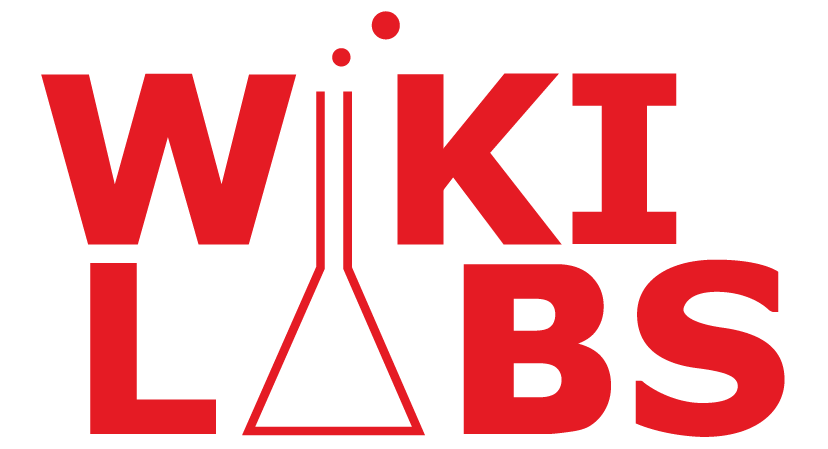
Secure VMware Alternative in Malaysia with WikiBlox | Wiki Labs
Move Beyond VMware: A Flexible Alternative for Malaysian Businesses

Introduction
In the past 18 months, Malaysian enterprises have faced a wave of IT uncertainty. Broadcom’s overhaul of VMware has ended long-standing partner programs and killed off dozens of products.
Red Hat Virtualisation is transitioning into its Extended Life Phase, which focuses on stability and long-term support. Many enterprises are now evaluating modern platforms to expand capabilities beyond traditional virtualisation.
If you’re leading IT for a bank, telco, GLC, or large enterprise, you’re under pressure to make a platform decision fast without sacrificing stability, scalability, or security.
This article explores why many CIOs are choosing WikiBlox with a Standard Operating Environment (SOE) to replace legacy virtualisation and how it’s helping them future-proof operations.

The Risks of Staying with Legacy Virtualisation
1. Vendor Lock-In Without Innovation
VMware’s new model has reduced choice, with higher licensing costs and fewer supported products. Many enterprises now face increased TCO with declining ROI.
2. End-of-Life Timelines You Can’t Ignore
Red Hat Virtualization enters Extended Life Phase in 2026 meaning no new features and reduced support. Running mission-critical workloads on aging platforms increases operational risk.
3. Security & Compliance Gaps
Outdated virtualisation stacks make patching slower and compliance audits harder. For industries like finance and telco, this can mean regulatory penalties and reputational damage.
Business Impact: A major Malaysian financial institution calculated that a 3-day outage during a platform failure could cost RM8.2 million in lost transactions and penalties.

The Strategic Shift — WikiBlox + SOE
One Platform. Two Capabilities.
WikiBlox delivers both container and virtualisation capabilities in a single, high-availability architecture. Integrated with SOE, it ensures a secure, standardised, and fully managed IT environmentWiki Labs SOE.
Key Benefits:
No Vendor Lock-In: Works with multiple hardware vendors.
Future-Ready: Supports modern workloads, containers, and VMs.
Fully Managed Operations: 24/7 monitoring, proactive patching, and compliance reporting.
Rapid Provisioning: Deploy in hours, not weeks.
Proof Point — Real-World Success
A leading Malaysian telco migrated from VMware to WikiBlox in under 90 days. The result:
Reduced licensing costs by 28%
Improved provisioning speed by 40%
Achieved full compliance with internal IT standards
Schedule a readiness assessment with our specialists to explore your VMware migration path.

Your Step-by-Step Transition Plan
Step 1 — Assess & Map Current Workloads
Inventory all workloads, dependencies, and compliance requirements.
Step 2 — Design the Target Architecture
Define the hybrid platform blueprint for both VMs and containers.
Step 3 — Provision WikiBlox Environment
Deploy the new high-availability cluster with SOE governance.
Step 4 — Migrate in Phases
Use migration tools (MTV for VMs, S2i for apps) to move workloads in controlled waves.
Step 5 — Optimise & Operate
Leverage Managed Operations for ongoing updates, monitoring, and performance tuning.

In an era of IT uncertainty, standing still is the biggest risk. VMware’s changes and Red Hat Virtualization’s EOL make now the right time to act.
WikiBlox with SOE offers Malaysian enterprises a secure, flexible, and future-proof platform — without vendor lock-in.
Ready to explore your VMware alternative? Let our team design a transition plan tailored to your business.
This article explores the challenges of legacy virtualisation, the growing pressure on Malaysian enterprises to modernise, and how WikiBlox + SOE provides a unified, future-ready platform that delivers both stability and innovation.
